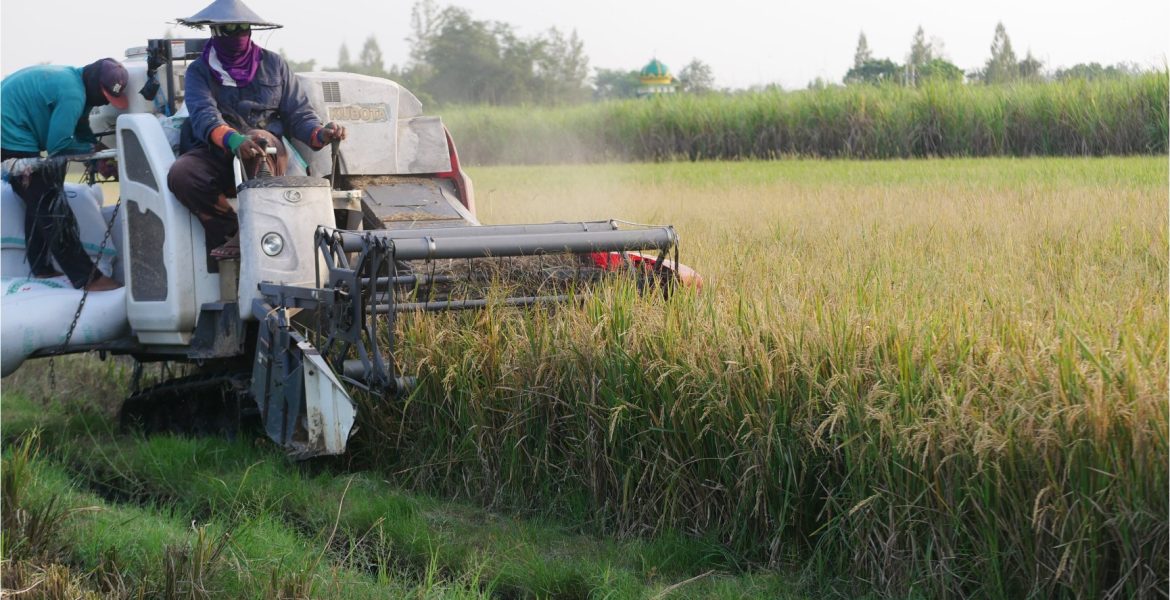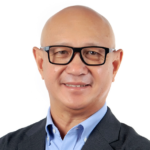Fewer youngsters are pursuing farming as a profession compared to previous generations across the world. In Indonesia, only 23% of the country’s 14.2 million people, aged between 15 and 24 years, worked in the agriculture sector in 2019.
At the same time, we must not forget that, the global demand for food will double in the next 50 years. By 2050 alone, there will be 10 billion people on Earth, requiring 56% more food. The only way to plug the loopholes in agriculture is to bring technology to the table.
From drone-based agricultural land monitoring, remote pesticide spraying, and direct-to-customer sales, AgriTech platforms are helping farmers rediscover the love for farming by making it sustainable and efficient.
The smart agriculture market is expected to grow from $12.9 billion in 2021 to $ 20.8 billion by 2026, at a CAGR of 10.1%. Here, Asian markets are expected to lead the growth with the technological prowess being adopted to maximise agricultural produce.
| Impact statistics for deploying technology | |
| $62 – 76 billion | Value creation via mandi automation, B2B portals, online retail, farmer aggregation and hyperlocal connect |
| $34 – 42 billion | Direct benefits to farmers from use of technology |
| 75 – 91 million | Farmers will benefit from using the technology solutions |
| 70% – 80% | Farmer income increase in crop cultivation |
| 50-60% | Farm produce that will be sold online in 20 years. |
| Source: TechnoServe | |



